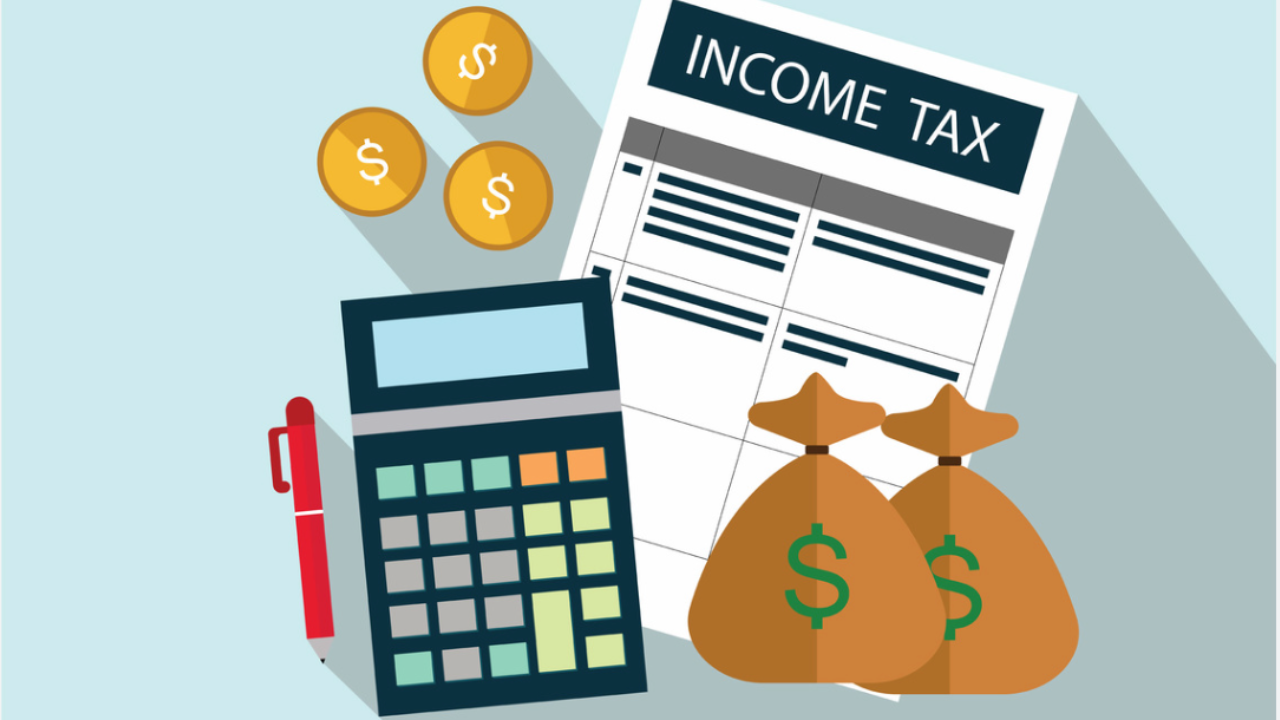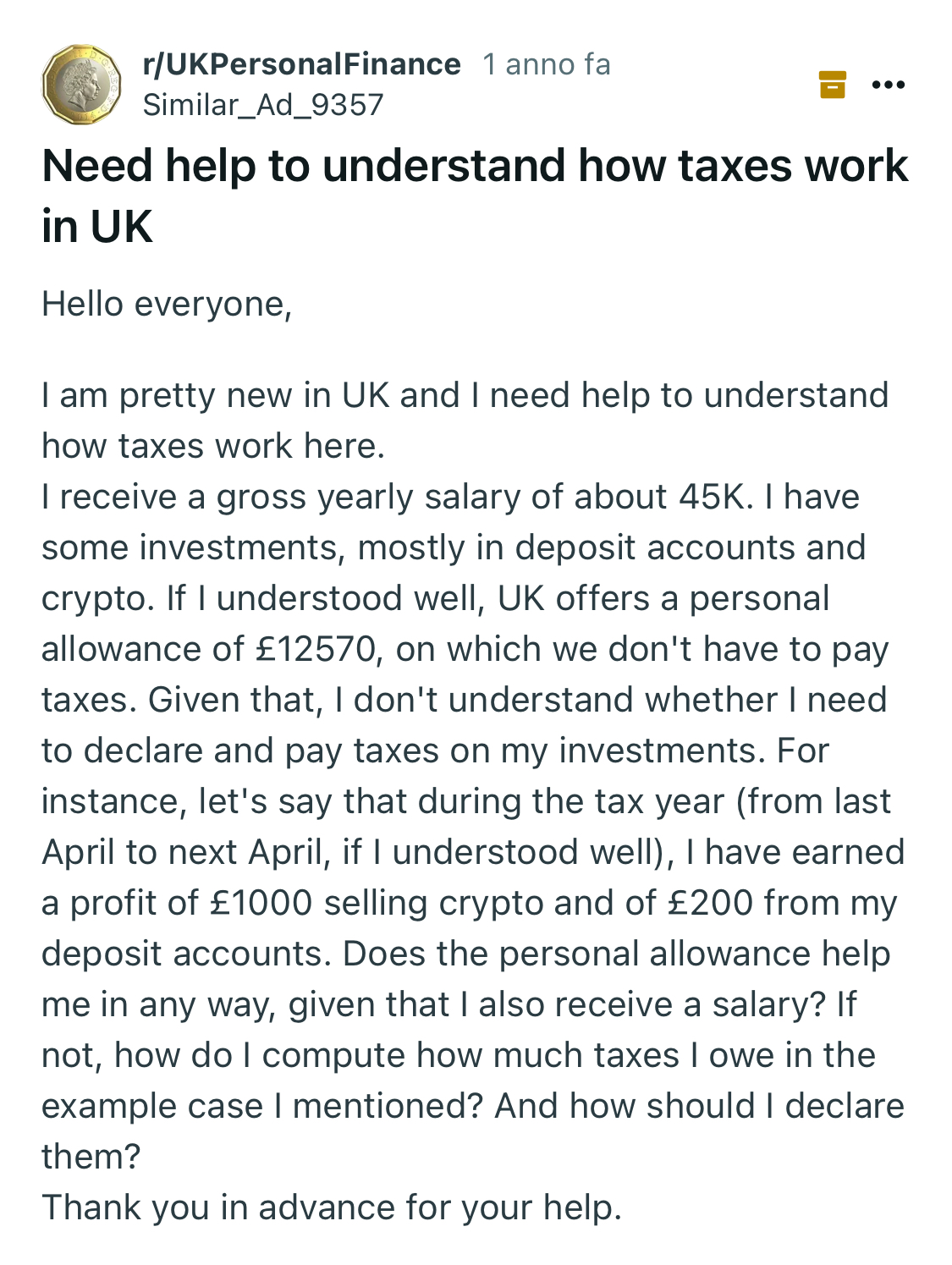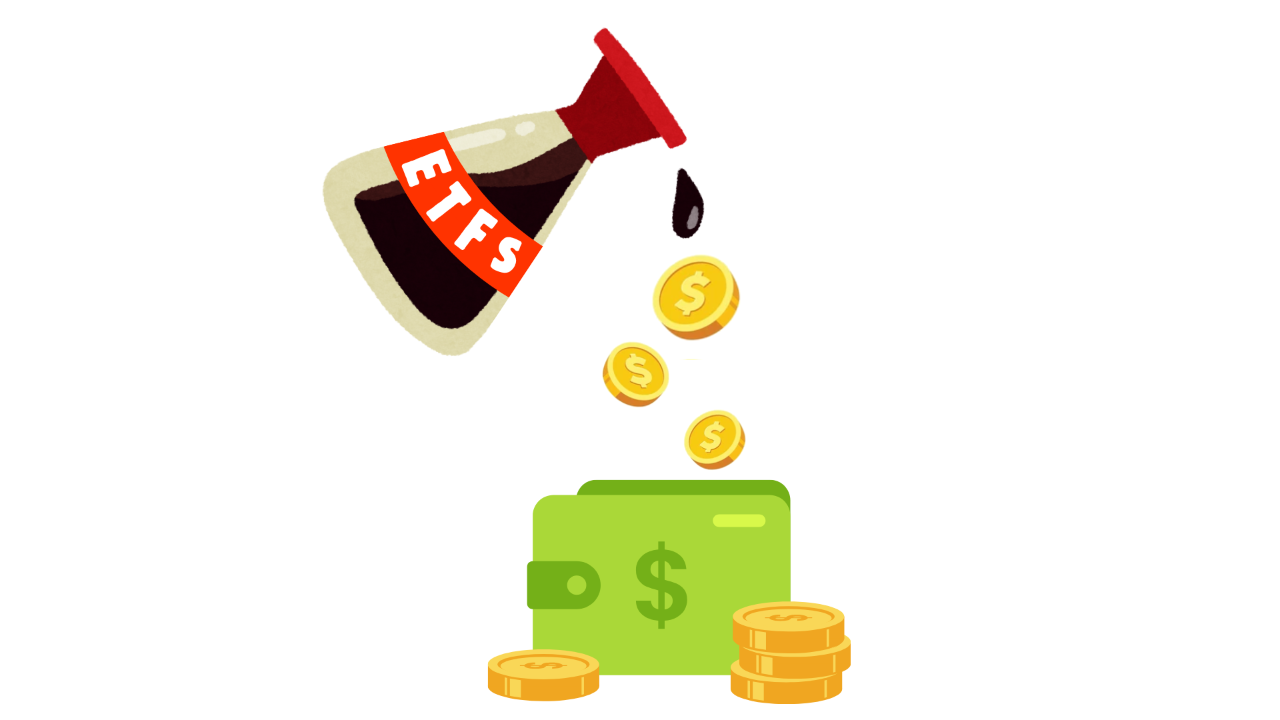
Nobody Likes Paying Taxes - But Understanding Them Can Save You Big
Jun 01, 2025Hello Stoic Investors,
Today, I want to focus on explaining how the tax system works in the UK.
This can be really helpful, especially for those who have just moved to the UK and find it difficult to navigate.
I'll take this Reddit post as an example to clarify how things work:

These are the main things to know:
1. Personal Allowance and Income Tax Bands
In the UK, everyone gets a personal allowance of £12,570 each fiscal year (from April 6 to April 5 next year).
This means the first £12,570 you earn is tax-free.
Here’s how the income tax bands work for most people:
- Up to £12,570: 0% tax (personal allowance)
- From £12,571 to £50,270: 20% tax (basic rate)
- From £50,271 to £125,140: 40% tax (higher rate)
- Above £125,140: 45% tax (additional rate)
Since the person from the Reddit post earns about £45,000 a year, their income falls mainly in the basic rate band.
This means they pay 20% tax on the amount they earn over £12,570 (so roughly on £32,430).
Additionally, the employer usually handles this tax automatically through PAYE (Pay As You Earn), taking it from the salary before you get paid.
So, you don’t need to worry about paying this tax yourself unless you have other income.
2. How Taxes Work on Investments
When you earn money from investments, like interest from a bank account or profits from selling crypto, there are rules about paying tax on that money.
But don’t worry—there are also allowances that let you keep some of that money tax-free.
First, there are two main kinds of tax to know about:
- Income Tax on Interest and Dividends:
This means when your money earns interest in a savings account, or you get dividends (payments) from shares you own, the government may want a share as tax. - Capital Gains Tax (CGT):
This tax applies when you sell something valuable—like crypto, stocks, or property—and make a profit. The profit is called a capital gain, and it can be taxed separately.
But luckily, the UK provides some tax-free allowances to help protect part of your income:
- Personal Savings Allowance:
You can earn up to £1,000 in interest from savings accounts tax-free each year, depending on which Tax band you're in. If you’re a basic rate taxpayer (20%), you get a £1,000 allowance. If you’re on the higher rate (40%), the allowance drops to £500.
And if you’re an additional rate taxpayer (45%), unfortunately, you don’t get any tax-free allowance on savings interest. - Capital Gains Tax (CGT) Allowance:
This means you can make up to £3,000 in profit from selling investments (like crypto or shares) without having to pay any tax on those gains.
However, this Capital Gains Tax allowance can change from year to year, so it’s important to check the latest threshold on the UK government website.
In the specific case of the person who posted on Reddit, they earn about £45,000 a year and made £200 in interest from deposit accounts and £1,000 in profit from selling crypto.
Since the £200 interest is below the Personal Savings Allowance of £1,000, they won’t need to pay any tax on it.
Similarly, the £1,000 profit from crypto falls under the Capital Gains Tax allowance of £3,000, so no capital gains tax is due on that.
3. Do You Need to Declare Investment Profits?
In general, if your only income is your salary (taxed at source via PAYE) and your investment income stays below the allowances — £1,000 for savings interest (if you're a basic rate taxpayer) and £3,000 for capital gains — then you likely don’t need to file a Self Assessment tax return.
However, this isn't an absolute rule, and there are some exceptions:
If your investment earnings exceed these allowances, or if you have other untaxed income (like freelance income, rental income, or other non-taxed earnings), you will need to file a Self Assessment to declare those earnings.
Even if you are below the limits, if you have any other sources of income that are not taxed at source (such as from side jobs, rental income, etc.), you will likely need to declare them.
So, while in most cases you may not need to file a Self Assessment tax return, it's always a good idea to keep records of all your transactions.
This ensures that if HMRC (Her Majesty's Revenue and Customs — the UK's tax authority) ever asks for proof, you have everything ready.
If you're unsure whether you need to file a Self Assessment, you can check the official government website for more information.
4. How to Save on Taxes — Tips for Your Investments
Now that you know how taxes work on your investments, here are some easy ways to keep more of your money:
- Use ISAs, Your Tax-Free Investment Box
Think of an ISA (Individual Savings Account) like a special box where you can put your money to grow without worrying about taxes.
Each year, you can put up to £20,000 into an ISA.
Inside this box, any money you earn — whether it’s interest, dividends from shares, or profits from selling investments — is completely tax-free.
That means you don’t pay any income tax or capital gains tax on the returns inside an ISA.
It’s one of the best tools in the UK to protect your investments from taxes and grow your savings faster.
- Spread Your Sales Over Different Years
If you ever have investments that have grown a lot, it’s smart not to sell everything all at once.
Instead, try selling a part of your investment one year, then some more the next year, and so on.
Why?
Because every year, you get a £3,000 capital gains allowance — the amount of profit you can make without paying tax.
By spreading your sales over multiple tax years, you can use that allowance each year and reduce how much tax you owe overall.
This simple trick helps you keep more of your profits.
Obviously, if the market goes down over time, your remaining investments could lose value.
That’s why it’s important to understand what you’re investing in — and how solid it really is in the long run.
Not all investments grow steadily, so spreading sales only works well if the asset has strong fundamentals and you're confident holding it.
- Think About Tax-Efficient Pensions
Putting money into your pension doesn’t just help you save for the future — it can also help you pay less tax today.
If you have a workplace pension, the money you put in often comes out of your salary before tax, so you pay less income tax.
How?
Some employers offer something called "salary sacrifice".
That means you agree to give up part of your salary and they put it into your pension instead.
This way, you pay less income tax and less National Insurance (that’s another tax that helps pay for things like the NHS and the State Pension).
It’s one of the easiest ways to pay less tax while growing your money for the future.
These are the main points to understand how taxes generally work in the UK, especially on investments.
Of course, they are general guidelines, and everyone’s specific situation may differ, so it’s important to review your own details carefully!
So, note down these 3 key - points and start investing today:
1. Personal Allowance: You don’t pay tax on the first £12,570 of your income;
2. Savings and Capital Gains Allowances: You can earn up to £1,000 interest and £3,000 profit on investments tax-free each year;
3. Use Tax-Efficient Accounts: ISAs and pensions help you keep more of your money by reducing or eliminating taxes.





